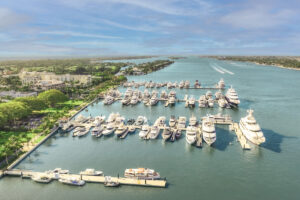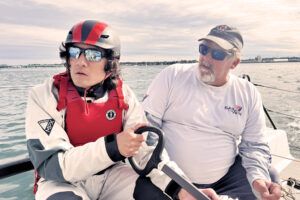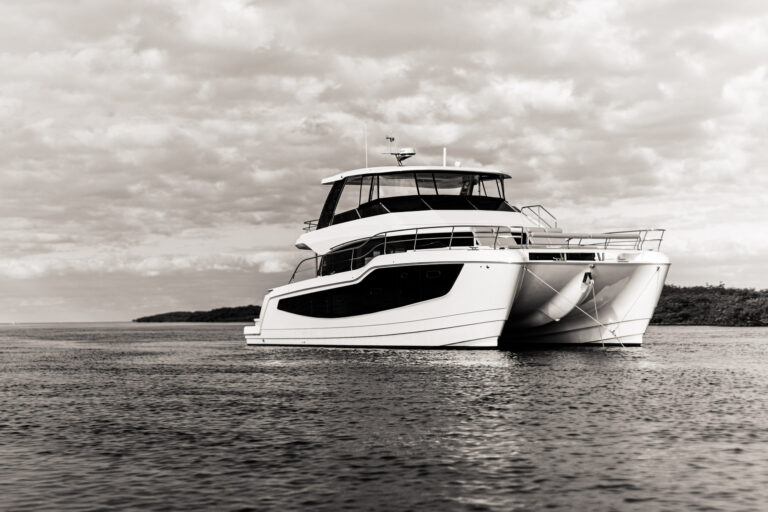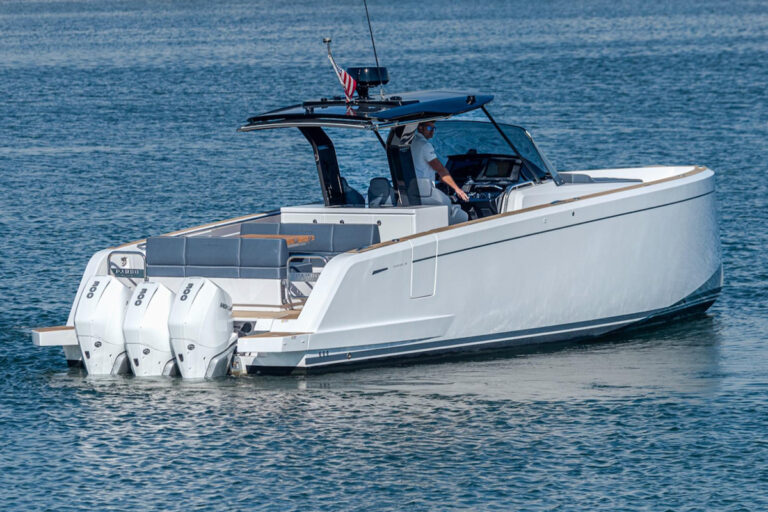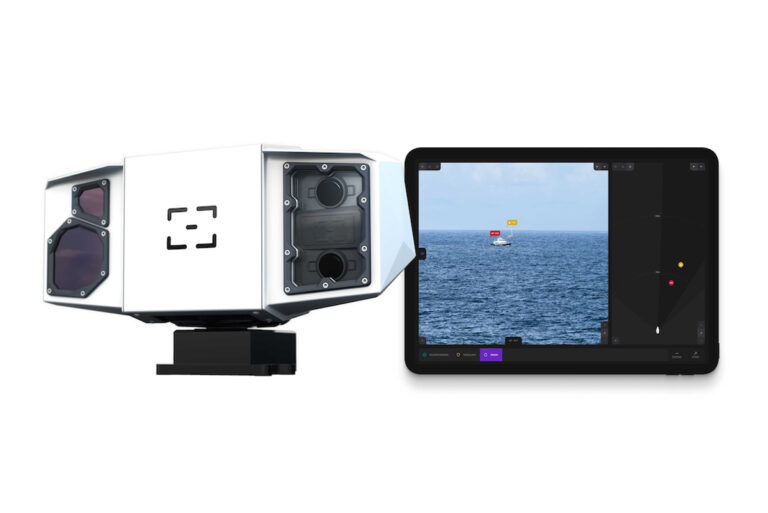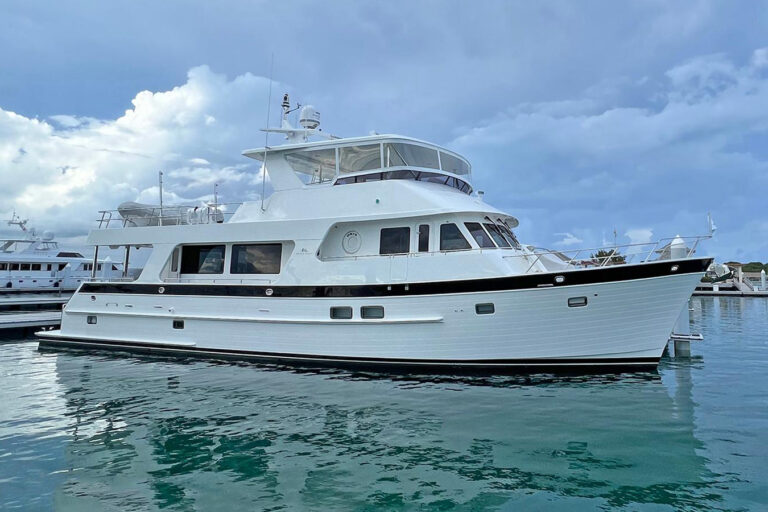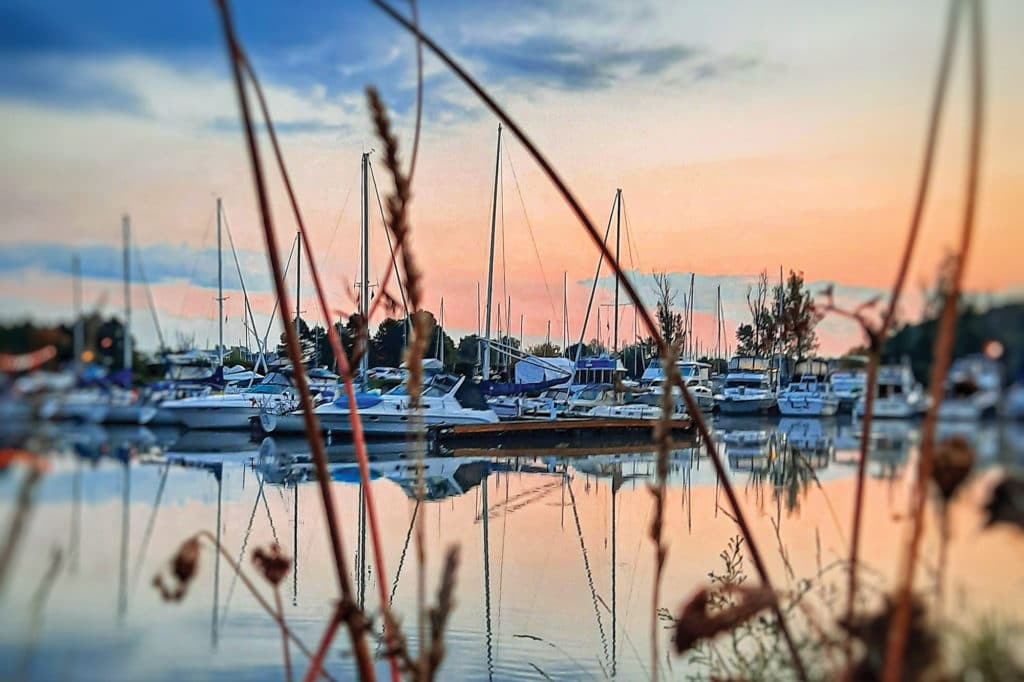
Here’s the good news: Our waterways are a lot safer than they used to be. The bad news, though, is that about two-thirds of the people out on the water have never taken a boating-safety course, and not even 2 in 10 boaters have VHF-DSC radios as part of their equipment in case something goes wrong.
That’s all according to the US Coast Guard, which just released the results of its most recent National Recreational Boating Safety Survey. The survey, with data collected in 2018, covers everything from boat-use trends to boater demographics, and is a go-to for policymakers who decide what kinds of regulations might be needed. “This information is going to help guide and develop policies that matter to boaters,” David Kennedy, BoatU.S. manager of government affairs, stated in an announcement of the data.
According to the report, the waters have become a lot safer in recent decades. Back in 1970, recreational boating deaths on US waterways peaked at 1,700 per year. For 2018, the number of fatalities was a comparatively small 633, along with 2,511 injuries in a total of 4,145 accidents. And there were fewer accidents compared with the year prior, with overall accidents being down 3.4 percent in 2018 compared to 2017.
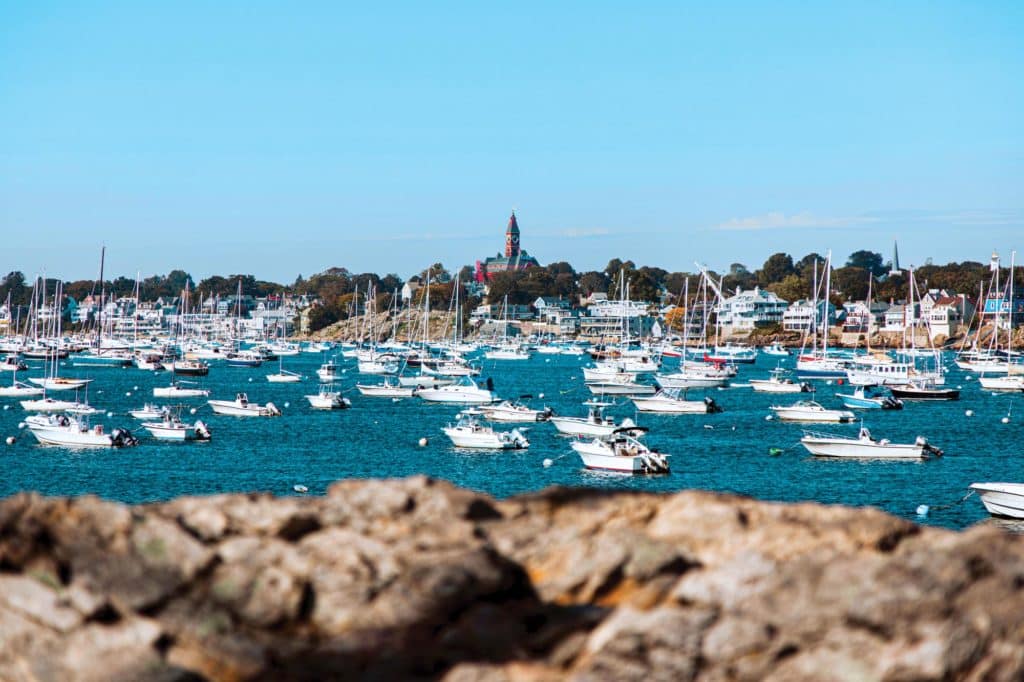
At the same time, the report notes an increased number of boats that have shared ownership and warns that, when there’s more than one owner, everyone who is driving the boat may not be receiving boater-safety information and education. For instance, if only one owner’s name is on the registration, safety agencies simply don’t know who else to contact.
The upshot, according to the Coast Guard, is that “recreational boating is safe, but that it can be made even safer.” The agency is urging partners, including state agencies, to comb the new data and then work together on determining the effectiveness of boating-safety programs nationwide.

